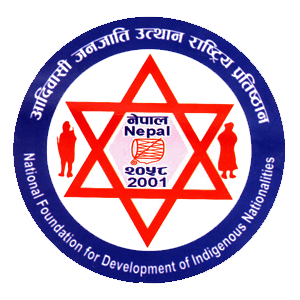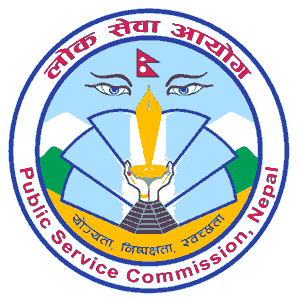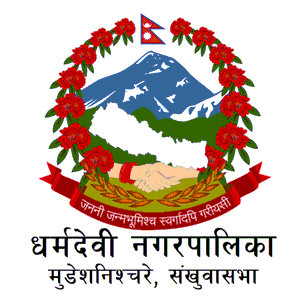Overview
National Dalit Commission (Rastriya Dalit Aayog) was established in 2075 BS (2018) in Nepal and stands as a cornerstone in the fight for human rights and the empowerment of the Dalit community. With the enactment of the Constitution of Nepal, this commission was elevated to a constitutional entity, underscoring its critical role in advocating for social justice and equality.
The National Dalit Commission was established under the constitutional framework, the commission is tasked with a profound mandate: to protect and promote the rights of Dalits, ensure their inclusion and equitable access to resources, and foster a society where dignity and equality are guaranteed for all. Through its comprehensive activities, including policy advocacy, legal intervention, public awareness campaigns, and rigorous monitoring of laws and programs, the commission plays a pivotal role in challenging systemic injustices and facilitating social change. Its efforts to elevate the socio-economic status of Dalits, coupled with a commitment to education, health, and social security, underscore a strategic approach to dismantling barriers and building a more inclusive Nepal. In essence, the National Dalit Commission is not just an institution; it is a testament to Nepal's dedication to justice, equality, and human rights, making it an indispensable part of the nation's social fabric and a model for transformative change.
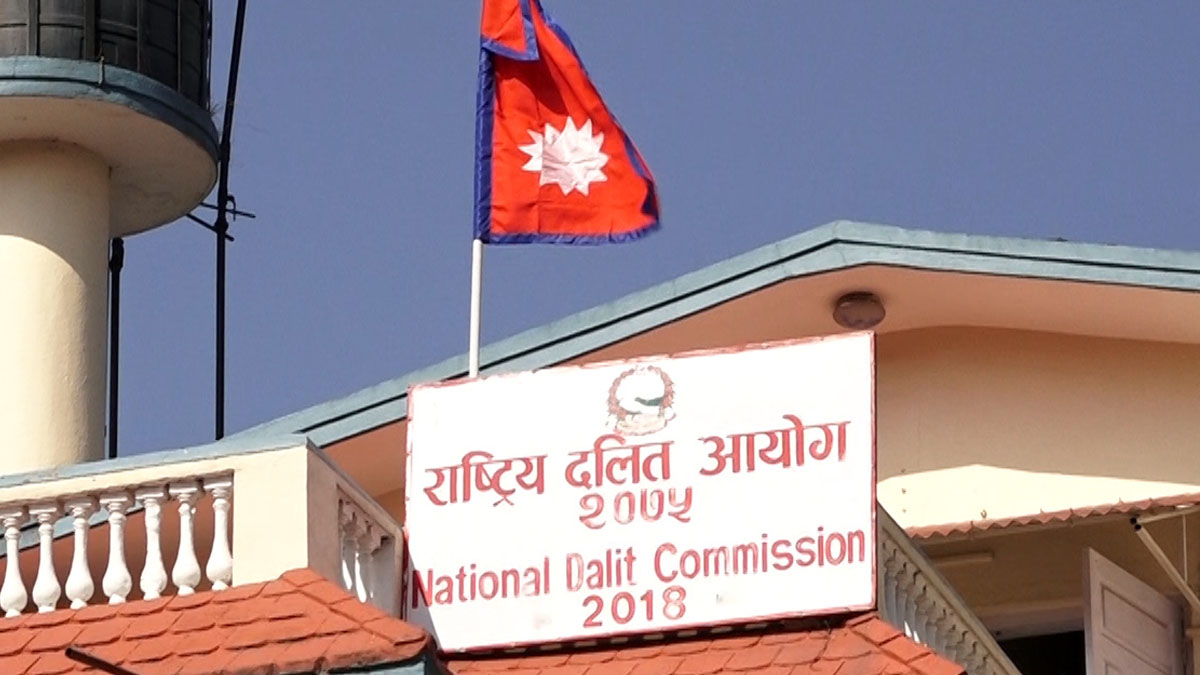
Commission's Framework and Authority
Outlined in Article 255 of the Constitution, the Commission operates under a structured framework, comprising a chairman and four additional members. This governance structure ensures a focused approach towards addressing the challenges faced by the Dalit community. The commission's mandate extends to in-depth studies and investigations into the socio-economic conditions of Dalits, leading to actionable recommendations for policy, legal, and institutional reforms to the Government of Nepal.
Duties and Responsibilities
The primary responsibilities of the National Dalit Commission include:
- Policy and Program Monitoring: Vigilantly overseeing policies and programs aimed at eradicating caste-based discrimination, ensuring they align with the best interests of the Dalit community.
- Legal Advocacy and Support: Recommending legal action in instances where Dalit rights are infringed upon, signaling a robust support system for the community's legal entitlements.
- International Treaty Compliance: Ensuring Nepal's adherence to international agreements related to Dalit rights, enhancing the country's global standing in human rights protection.
- Research and Reporting: Conducting comprehensive research to inform policy-making and compiling reports on Nepal's progress in addressing Dalit issues, to be shared with relevant national and international bodies.
Operational Structure
To fulfill its mission, the commission is supported by 30 dedicated staff members provided by the Government of Nepal. This manpower is essential for the commission's day-to-day operations, enabling it to execute its mandate effectively.
The appointment of the Commission's President and members is conducted through the recommendations of the Constitutional Council, with a tenure lasting six years from the date of appointment. This ensures a stable and continuous effort towards improving the welfare of the Dalit community.
Vision
The National Dalit Commission envisions a society where human rights are respected, and the rights and interests of the Dalit community are protected and promoted. By eliminating caste discrimination and untouchability, the commission aims to foster a prosperous, equal, and socially just society. This vision underscores the commission's commitment to upholding the dignity and rights of all individuals, particularly the Dalit community.
Objective
The objectives of the National Dalit Commission are clear and focused, aiming to address the multi-faceted challenges faced by the Dalit community:
- Ensuring Equal Access: To guarantee that Dalits have proportionate and inclusive access to the country's resources and facilities, addressing economic, social, and political disparities.
- Human Rights Protection and Promotion: To safeguard and enhance the human rights of the Dalit community, ensuring their well-being and dignity.
- Eradicating Discrimination and Untouchability: To eliminate all forms of discrimination and untouchability, integrating the Dalit community into the nation's developmental and nation-building processes.
Strategy
The commission's strategy to achieve its objectives comprises several key actions:
- Increasing Access to Resources: To augment the Dalit community's access to the nation's resources proportionately, ensuring equitable growth and development.
- Promoting Participation and Representation: To ensure the Dalit community's effective participation in decision-making processes at all state levels through positive discrimination and reservation, enhancing their role in administrative structures.
- Policy and Program Evaluation: To conduct thorough monitoring and evaluation of existing policies, laws, and programs aimed at eradicating caste discrimination, recommending necessary improvements to strengthen these initiatives.
- Social Awareness Campaigns: To execute social awareness programs targeting the eradication of caste discrimination and untouchability, fostering a culture of equality and respect.
- Legal Advocacy and Action: To investigate instances of discrimination and untouchability, recommending legal action against such behaviors, reinforcing the legal framework protecting Dalit rights.
Functions, Responsibilities, and Authorities of the National Dalit Commission as per the Constitution of Nepal
Article 256: Comprehensive Overview
Article 256 of the Constitution of Nepal delineates the pivotal roles, duties, and powers vested in the National Dalit Commission. This framework is essential for the commission's operation, guiding its mission to enhance the status and well-being of the Dalit community. Below is a detailed analysis of the commission's mandated functions:
Strategic Functions and Recommendations
- Research and Recommendations: Conduct thorough studies on the Dalit community's status to identify necessary policy, legal, and institutional reforms. The aim is to present these findings to the Government of Nepal for action.
- Policy Formulation for Dalit Upliftment: Develop and propose national policies and programs focused on ending caste-based untouchability, oppression, and discrimination. These initiatives are designed for the development and upliftment of the Dalit community.
- Monitoring Legal Compliance: Ensure strict adherence to laws and special arrangements made for the Dalit community's welfare. The commission is tasked with suggesting measures to the government for better implementation of these laws.
Advocacy and Evaluation
- International Treaty Compliance: Advise on the preparation of reports aligning with international treaties related to Dalit rights, enhancing Nepal's global commitments.
- Policy and Program Evaluation: Review and assess existing policies and programs aimed at integrating Dalits into the national development mainstream. Recommendations are made for their effective implementation to ensure proportional participation across all state sectors.
Legal Advocacy
- Legal Recommendations: In cases of caste discrimination, untouchability, or denial of Dalit rights, recommend legal action against perpetrators, reinforcing justice and accountability.
National Dalit Commission Act, 2074: Extended Functions
Under the National Dalit Commission Act, 2074, the commission's scope further expands to include:
- Policy Review and Promotion: Examine and improve policies and programs for the Dalit community, focusing on protecting and promoting their rights and interests.
- Legal System Research: Study the existing legal framework affecting Dalits and suggest necessary reforms to the Government of Nepal.
- Social Awareness and Education: Spearhead campaigns against racial discrimination and untouchability, distributing educational materials to foster social awareness.
- Program Implementation: Design and execute informational and awareness programs aimed at Dalit rights protection, promotion, and community empowerment.
- Treaty Implementation Monitoring: Oversee the execution of international agreements pertaining to Dalit rights, offering recommendations for better adherence.
- Cultural and Identity Studies: Conduct in-depth research on Dalit identity, recommending government actions for official recognition.
Operational and Regulatory Oversight
- Monitoring Commission Recommendations: Track the implementation status of its suggestions, ensuring impactful outcomes.
- Code of Conduct and Program Approval: Establish a professional code of conduct for commission members and staff, and approve annual programs, setting a standard for operational excellence.
Constitutional Provisions for the Rights and Interests of the Dalit Community in Nepal
The Constitution of Nepal enshrines several pivotal provisions aimed at safeguarding the rights and promoting the interests of the Dalit community, emphasizing the nation's commitment to social justice, equality, and human dignity. These constitutional mandates provide a legal framework to combat discrimination, ensure inclusivity, and foster an environment of equal opportunities for all citizens, particularly the historically marginalized Dalit community.
Article 24: Right Against Untouchability and Discrimination
This article is a comprehensive prohibition against untouchability and discrimination, covering several key areas:
- Prohibition of Discrimination: It explicitly forbids any form of molestation or discrimination based on origin, caste, community, profession, business, or physical condition in both private and public spheres.
- Equal Access to Services and Facilities: Ensures that no service, facility, or product is denied or exclusively provided to individuals based on their caste, promoting equality in access to goods and services.
- Ban on Caste-based Superiority or Inferiority: Outlaws any actions or ideologies that promote caste superiority, justify social discrimination, or propagate hatred based on caste distinctions.
- Workplace Equality: Mandates a discrimination-free workplace, ensuring that employment practices are equitable and inclusive.
- Legal Recourse and Compensation: Declares all forms of untouchability and discrimination as serious social crimes, providing victims with the right to legal action and compensation.
Article 40: Rights of Dalits
Article 40 delineates specific rights granted to the Dalit community to ensure their full participation in society:
- Proportional Representation: Guarantees Dalit representation in all state bodies based on proportional inclusion, alongside special measures for their empowerment and participation in public services and other employment sectors.
- Education: Affirms the right of Dalit students to free education from primary to higher levels, including scholarships, with special provisions for technical and vocational training.
- Health and Social Security: Promises special arrangements for the health and social security of the Dalit community.
- Preservation of Traditional Occupations: Supports the right to use, protect, and develop traditional professions, knowledge, skills, and technology, with a focus on modernizing and providing necessary resources for these occupations.
- Land and Housing Rights: Commits to providing land to landless Dalits and housing to the homeless within the community, ensuring equitable distribution of these resources among Dalit women, men, and all community members.
Article 42: Right to Social Justice
This article broadens the scope of social justice to include not only Dalits but also other marginalized and backward groups, ensuring their right to proportional inclusion in state bodies. It highlights the nation's approach to addressing the needs of its most vulnerable populations through inclusive policies and practices.
Programs and Activities of the National Dalit Commission
The National Dalit Commission undertakes a range of activities and programs aimed at promoting human rights and advancing the rights of the Dalit community. These initiatives are designed to address the root causes of caste-based discrimination and untouchability, fostering a society that values equality, dignity, and justice for all. Here are the key programs and activities undertaken by the commission:
Public Awareness Programs
- Human Rights Promotion: Develop and execute comprehensive public awareness campaigns aimed at educating the wider population about human rights principles and the specific rights of the Dalit community. These programs are crucial for creating an inclusive society where everyone is aware of their rights and responsibilities.
- Anti-Discrimination Campaigns: Conduct targeted awareness initiatives to combat caste discrimination and untouchability. These campaigns are designed to challenge and change societal attitudes and behaviors that perpetuate discrimination against Dalits.
Educational Materials and Propaganda
- Material Preparation and Distribution: Create and disseminate educational and propaganda materials focused on eradicating caste-based untouchability and discrimination. These materials, which may include pamphlets, posters, videos, and social media content, serve to inform and educate the public about the harmful effects of such practices and the legal protections available to combat them.
Complaints, Investigations, and Legal Action
- Receiving Complaints: Operate a mechanism for receiving complaints from individuals who have been deprived of their rights due to untouchability and discrimination. This ensures that victims have a platform to voice their grievances and seek justice.
- Investigations: Conduct thorough investigations into complaints received, utilizing a fair and transparent process to ascertain the facts and gather evidence of discrimination or rights violations.
- Legal Recommendations: Based on the findings of investigations, recommend legal action to the Attorney General for cases involving the deprivation of rights of Dalits or others due to untouchability and discrimination. This step is critical for holding perpetrators accountable and providing justice to victims.
The National Dalit Commission in Nepal represents a critical mechanism for advocating and ensuring the rights and dignity of the Dalit community, reflecting the nation's dedication to eradicating caste-based discrimination. Through its constitutionally mandated roles, the commission engages in a multifaceted approach that includes research, advocacy, legal interventions, and public education programs. Its activities, aimed at both systemic reform and individual justice, highlight the commission's comprehensive strategy to dismantle the structures of untouchability and promote social inclusion. By addressing legal, institutional, and societal challenges, the commission not only seeks to safeguard the rights of Dalits but also to foster an environment where equality and justice prevail, making it a cornerstone in Nepal's efforts towards achieving an inclusive and equitable society.





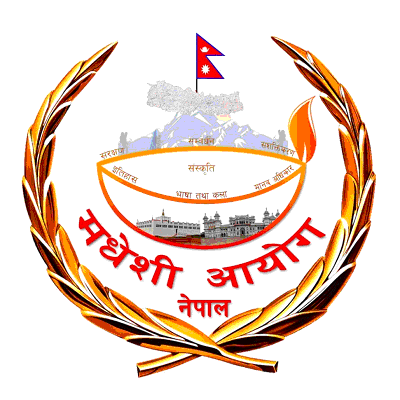
-Logo.png)
-Logo.png)
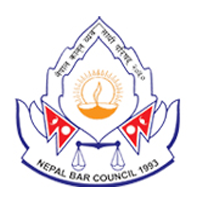
.png)
